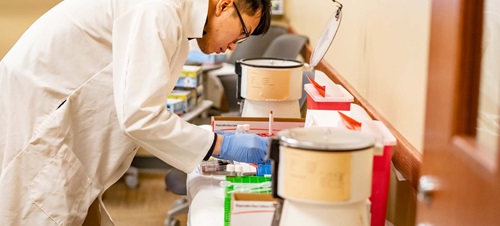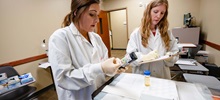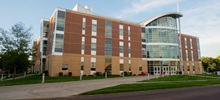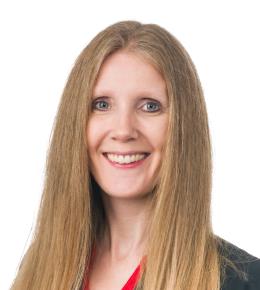student success story
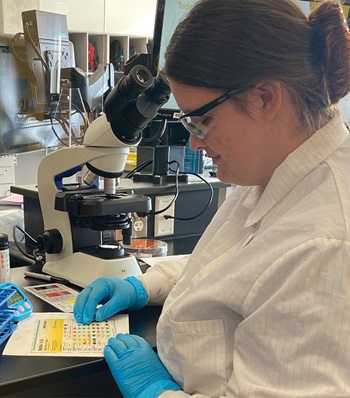
I really like the one-on-one attention and interpersonal communication we get in the MLS program, because it’s not easy. The lab professors make sure we get hands-on experience with specimens and lab techniques we’ll be using in internships, and they make sure we know the material to be successful. Our teachers want us to ask questions. Their main goal is to help us succeed.
Camyron Ballard
B.S. Medical Laboratory Science '23

